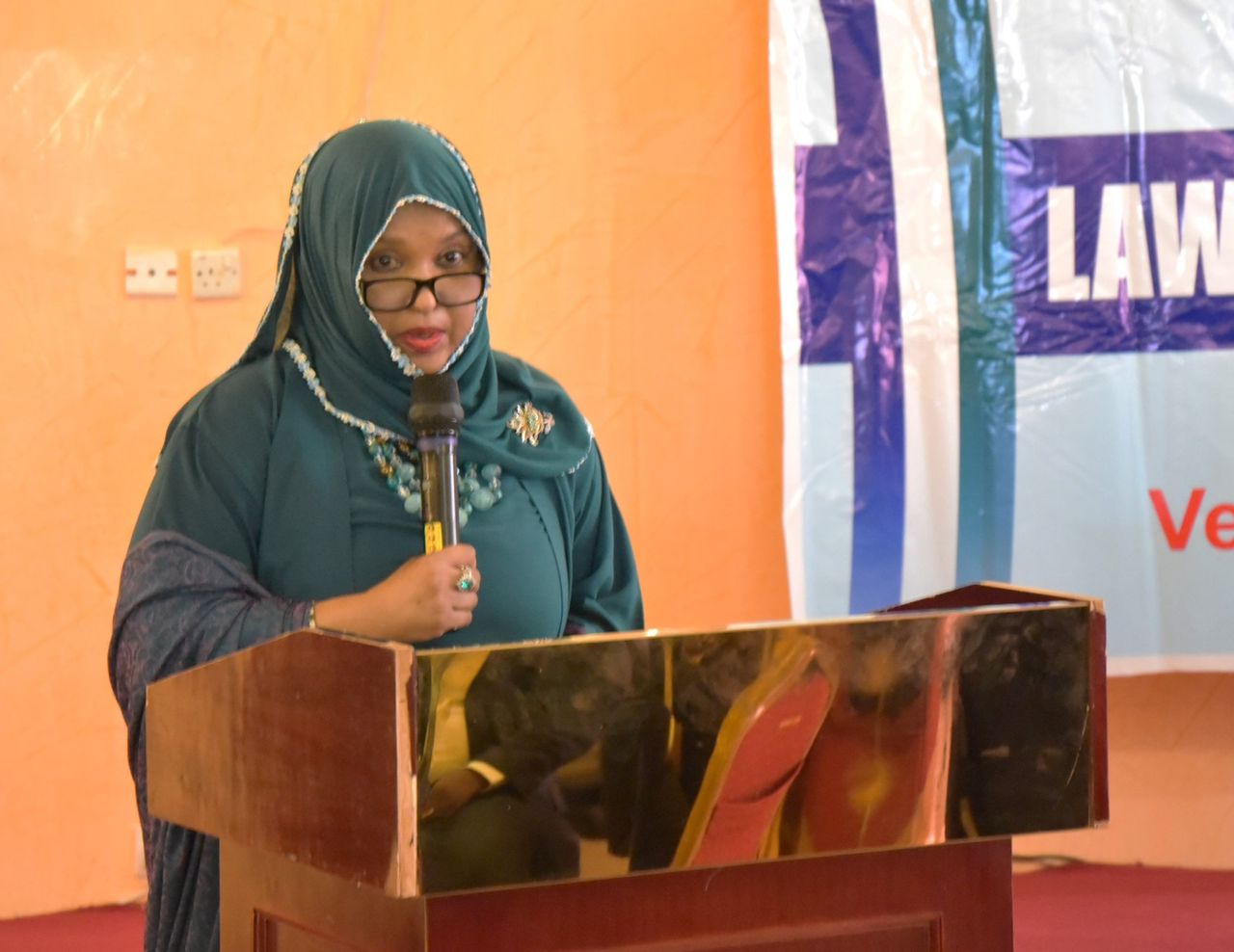
By Nana Musa
The Director/ Chief Executive Officer of the Nigerian Financial Intelligence Unit, NFIU, Hafsat Bakari, has revealed that the unit received over 60,000 suspicious transactions.
She also said the organisation received N15 million in currency activity reports within the year.
Bakari made the revelation during a summit between the NFIU and other law enforcement agencies in Abuja on Thursday.
While calling for inter-agency collaborations to block illicit financial flow, Mrs Bakari lamented how emerging technologies like cryptocurrency complicate financial transactions and obscure links between owners and their funds.
She said that the volume of data that the NFIU receives and analyses is huge and will only continue to grow in the future as financial inclusion, decentralised finance, and other emerging technologies shift transactions into the electronic space.
“We also recognise that the modern crime environment, particularly for the most serious offences, is dynamic, fast-paced, and often transnational in nature.
“All of us also understand that for the vast majority of criminal offences, whether fraud, corruption, or indeed terrorism, money is at the centre. Whether as a proceed of the act or as an enabler of the act.
“Consequently, the only truly sustainable approach to crime prevention and disruption is identifying where these funds are and denying criminal actors access to them.
“We can only achieve this if we have efficient and effective systems for conducting financial analysis, and this Ladies and gentlemen, is the ultimate goal of the NFIU, to provide you in a timely manner with credible, reliable, and actionable financial intelligence.
“However, returning to the dynamism of the criminal environment, there are several challenges which we must overcome if we are to produce this intelligence on a consistent basis.
“The volume of data that we receive and analyse is huge and will only continue to grow in the future as financial inclusion, decentralised finance, and other emerging technologies shift transactions into the electronic space.
“In 2023, the NFIU received over 60.000 suspicious transaction and activity reports.
“Aligned to this is the use of new technologies, which provide a layer of anonymity and complexity to transactions.
“From crypto-currency to agency banking, the link between the owner of the funds and the transaction itself is becoming more opaque.
“This also ties to our third challenge, the increasingly transparent borders. Not in the physical sense, but the electronic sense.
“Funds, money, and transactions move rapidly across financial institutions, digital platforms, and through underground banking systems,” she said.
Bakari proposed strategic priorities, including enhancing technology utilisation across agencies and creating fusion cells for joint investigations targeting high-risk offences.
“By working together, we can utilise the comparative advantage of each authority more efficiently,” she said.
The NFIU boss also stressed the importance of international collaboration in combating transnational crimes.
“Many of the crimes that we combat are transnational in nature. It may be that the commission of the act happens in other jurisdictions, the perpetrators are not within our borders, or the proceeds are transferred as illicit financial flows.
“Through networks such as the Egmont Group of FIUs, INTERPOL, and other informal channels, information is available which can support investigative activities and point to assets which can be repatriated.” Bakari said.
She also noted that Nigeria has been on the list of jurisdictions under monitoring by the Financial Action Task Force since February 2023 due to deficiencies in its laws, institutions, and systems to combat money laundering, terrorist financing, and financing of proliferation of weapons of mass destruction.


